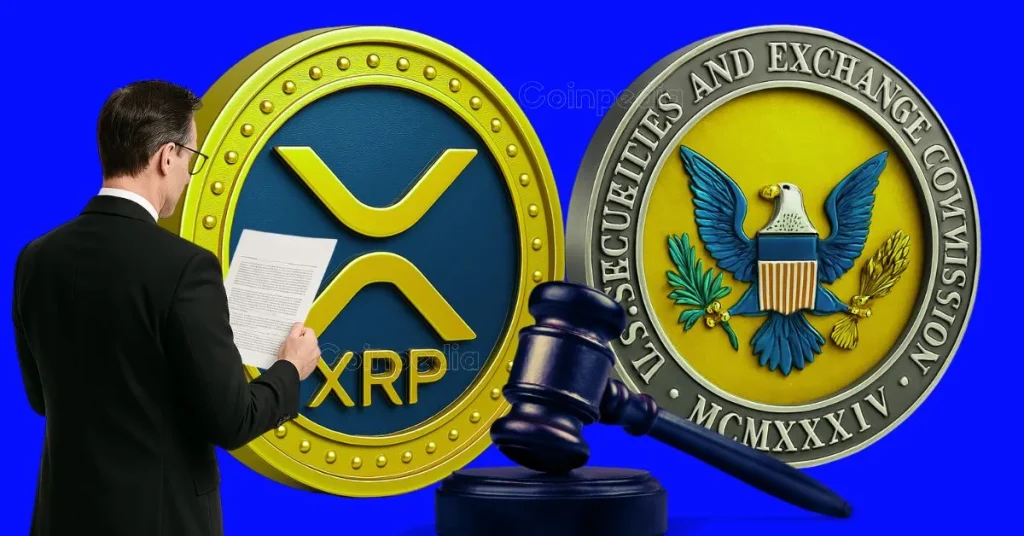Germany is being urged to reassess its trade approach with China following the postponement of Foreign Minister Johann Wadephul’s planned visit to Beijing.
The meeting was purposed to address key issues, including China’s export controls on rare earths and semiconductors, which German officials believe pose risks to fair trade and supply-chain security.
Wadephul, a member of Merz’s Christian Democratic Union (CDU), decided to delay his visit on Friday, October 24, when Beijing confirmed only one of the meetings he had requested.
The delay underscores growing uncertainty in global trade relations, particularly concerning access to critical materials essential for Germany’s manufacturing and technology sectors.
German officials stress the need to rethink the country’s approach to China
Officials in Chancellor Friedrich Merz’s government called for a change in the country’s approach towards China. This was after Wadephul postponed his trip to Beijing.
In a statement, Adis Ahmetovic, a representative for the Social Democrats on foreign policy, mentioned that the Foreign Minister’s last-minute cancellation of his visit to China was a bad sign for improving the strained China-Germany relationship.
“We must reconsider Germany’s strategy toward China. Now more than ever, we need an active and strategic foreign policy emphasizing dialogue, transparency, and long-term goals,” he added.
Meanwhile, according to European economic rankings, Germany is the largest economy. This outstanding achievement is credited to the country’s involvement with China in trade. Notably, China, being Germany’s leading trading partner, is the biggest economy in Asia.
Regarding Wadephul’s decision to postpone his trip to Beijing, Wang Yi, the spokesperson for the German Foreign Ministry, stated that the only meeting Beijing had agreed to during Wadephul’s scheduled visit was with his direct counterpart.
This situation sparked heated debates among individuals who expressed concerns about the limitations on rare earth exports.
When reports reached out to Wadephul to comment on the topic of discussion, the Foreign Minister mentioned that he intends to encourage China to relax its export restrictions on rare earths and semiconductors in his upcoming trip, which is scheduled to commence on Sunday, October 26. He also emphasized that fair trade is crucial for successful relations.
China-Germany relationship faces uncertainties amid global trade tensions
In a China strategy agreed upon in 2023, Berlin identified the need to lower risks in the China-Germany economic relationship and characterized Beijing as a partner, competitor, and systemic rival.
Regarding their trade ties, China supplies Germany with critical components, including rare earths and semiconductors, which have faced significant shortages amid increasing global trade tensions.
Analysts responded to the situation, urging the country to develop a solution before it is too late. To address this, Ahmetovic suggested that they should talk directly to China, emphasizing the importance of direct talks during times of global tension.
He also believed that discussions must be broadened, especially on topics such as peace, security, the economy, trade, and human rights.
Jürgen Hardt, the foreign policy representative for the CDU, also commented on the topic of discussion. Based on Hardt’s argument, China aimed to use trade policies to exert pressure and supported Wadephul’s decision to delay the trip.
He noted that the German government is not participating in this approach but still values strong and fair relations with Beijing.
If you're reading this, you’re already ahead. Stay there with our newsletter.
















 English (US)
English (US)